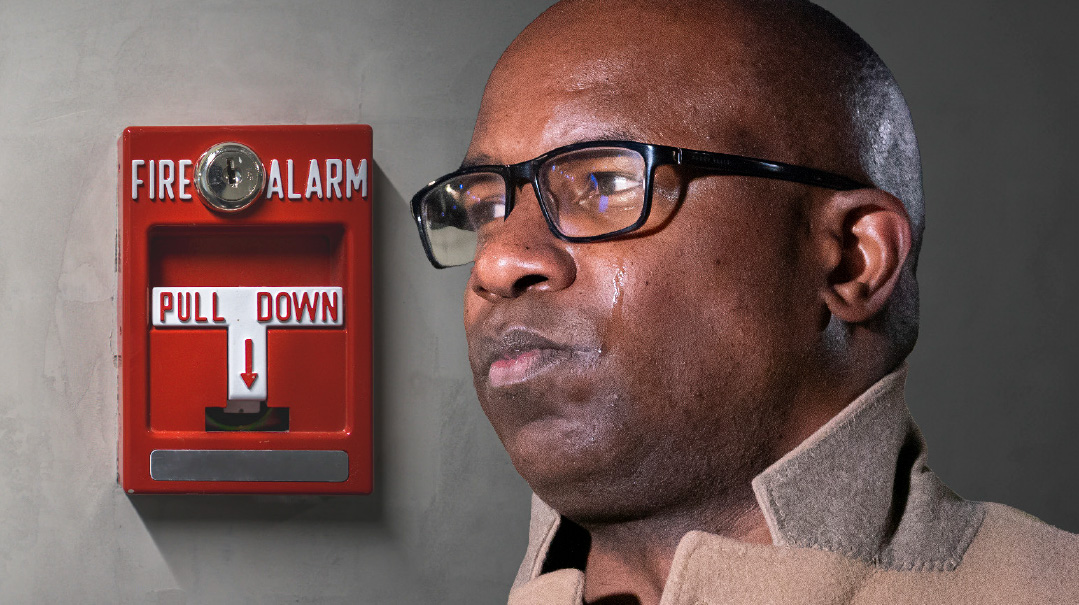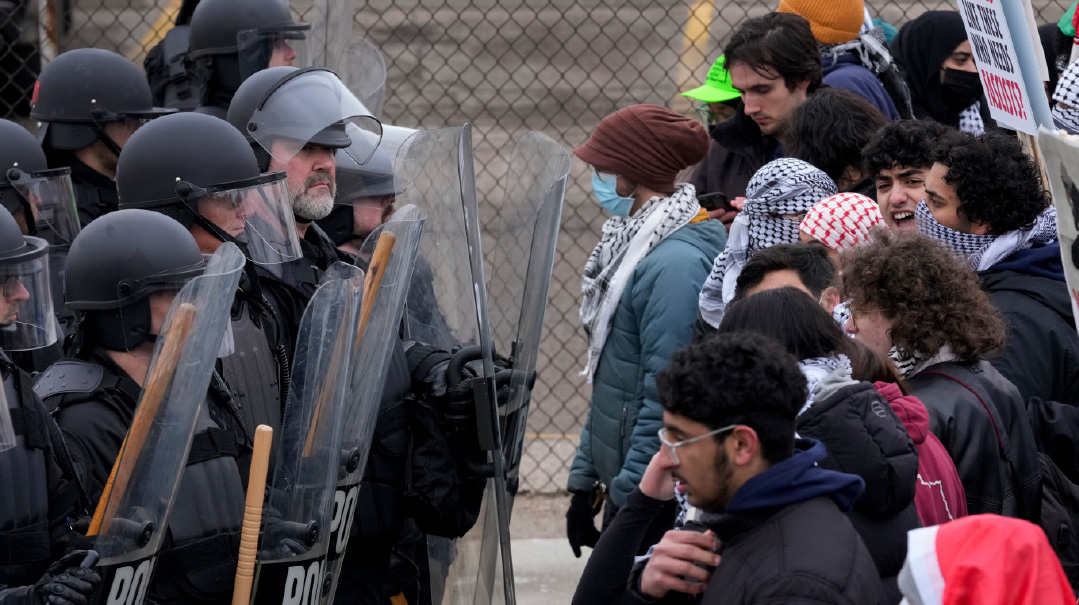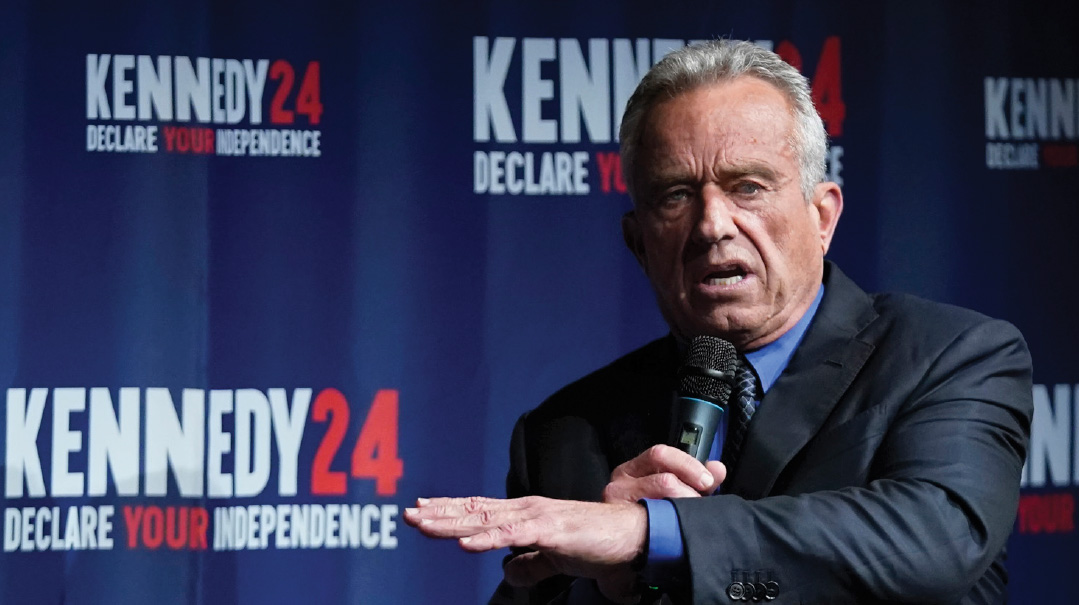Before You Move Forward, Hash Out Your Differences
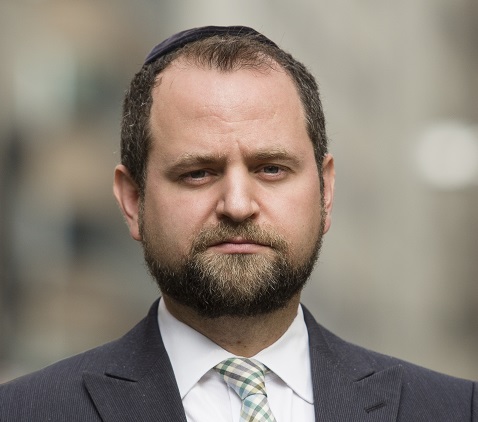
Rule #8: An advocate is only as strong as the voices he represents
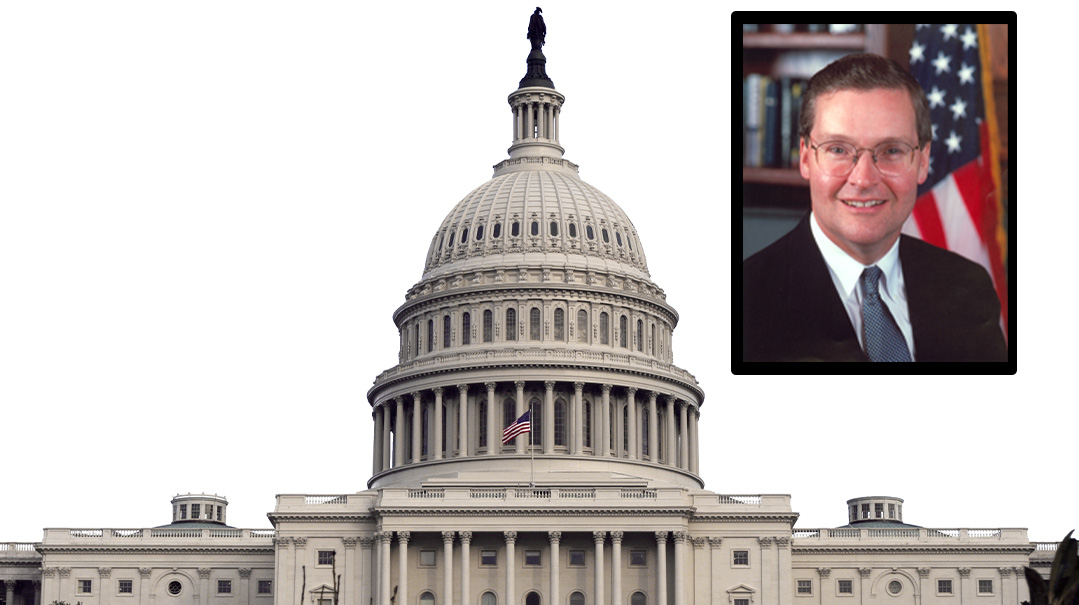
One of the hardest lessons I learned as a public advocate came almost a decade ago in New Jersey. I was pushing an education bill that seemed to be flying toward passage. Victory was within our grasp.
Until it failed. The support we thought we had from the community evaporated overnight. Legislators began to hear from schools and constituencies in our community that were opposed to the bill. We seemed not to be speaking for anybody. It was a disaster. I had gone out to fight on behalf of the community, but when I looked around, I found that there was nobody I was actually representing.
How do advocates properly represent the people they are trying to help? It’s pretty basic, but something you must not take for granted. First you must secure your support, so you can demonstrate that you represent a constituency; then you must work through your internal divisions, so you can maintain a united front.
Reach out to the shuls, schools, and chesed organizations you’re hoping to represent and get their support for your cause. Then you can present the list of those organizations to demonstrate your representation to the public officials before whom you’re pleading your case.
Numbers count in this game. Representation is demonstrated in the number of letters that are sent to elected officials, in the number of people who show up at city hall or the state capitol. Showing up with 1,000 people has far more impact than showing up with ten. Similarly, sending 500 letters on an issue pales in comparison to sending 10,000 letters. How many people are speaking out? These metrics are measured, and politicians consider them carefully when weighing representation.
This principle was aptly — and sadly — demonstrated over a century ago.
In 1903, 49 Jews were murdered, hundreds injured, shuls were desecrated, and houses were burned down in what became known worldwide as the Kishinev pogrom. In the aftermath, a delegation of American Jews visited President Theodore Roosevelt to discuss sanctions and public criticism of the Russian Empire. They agreed that the Jewish delegates would circulate a petition to gather signatures from American citizens protesting the pogroms that Roosevelt would submit to the Russians.
After a month, the Jewish delegation returned to President Roosevelt, embarrassed at how few signatures they had obtained, most of which were from the Jewish community. Even Roosevelt didn’t believe the petition was worth submitting. They decided to wait until the delegation had gathered close to 13,000 signatures before the president would submit the petition. Although the Russians ultimately rejected the petition, the lesson on representation remained: Even the president of the United States recognized that more voices were required.
In the case of the education legislation we were pursuing in New Jersey, it became clear we didn’t have the necessary support. There was absolutely no way we could muster massive numbers of voices to speak up. In fact, we had the opposite problem — communal division, which too often plagues other advocacy battles we are trying to wage.
Sadly, we are too often splintered, showing a tendency to point fingers at each other and say “they don’t represent me” or “we speak for ourselves,” to the detriment of our larger cause. Too often I hear politicians who represent our communities privately decrying this lack of unity. Too often our internal conflicts stand in the way of getting big things accomplished.
This problem isn’t unique to our community; advocates of all stripes deal with this. I know this because a legislator taught me how to fix this using the experience he gained with other communities. When frum members of his constituency couldn’t come to an agreement on a local issue, he said, “I’m going to get you all in a room and we are going to hash it out. You may agree or disagree. But you will be together.”
He explained that these same divisions come up with business groups, labor groups, and a variety of other causes. Gathering together and hearing each other leads to greater unity.
It is critically important to meet with those who don’t feel represented, those who are creating divisions, and even those who are loudly opposed. Taking the time to hear and understand their positions is a valuable exercise that creates unity.
In the case of the failed New Jersey bill, we heard those dissenting voices, and we made changes. We retracted our own support for the bill, a painful and embarrassing exercise. Our job was to represent our community, and the exercise of meeting and listening led to the realization that this legislation wouldn’t represent the interests of those we represented.
Although this may seem like a failure, we were actually stronger and better off for the next battle, and the battle after that. We had heard those we were representing, and our unity grew. It is obviously impossible to represent every opinion, but the effort of listening and building unity strengthens an advocate’s ability to make a difference.
I hope that readers who choose to advocate take the time first to make sure that they are speaking on behalf of as many people as possible, and that they are maintaining unity by truly hearing the concerns of those feeling left out. An advocate who does this will achieve remarkable accomplishments for Klal Yisrael.
Political Play
Time and Place
February 2004, Rayburn House Office Building
Event
Maury Litwack’s birthday party
What Happened
Working hours on Capitol Hill can be brutal. One is expected to be available 24/7. This was impossible for me as a frum Jew, and when I was looking for a job, I deliberately sought out an elected official who would understand my religious needs.
I applied for a position with a Mormon member of Congress who took religious observance very seriously, Representative John Taylor Doolittle (R-CA). He went above and beyond to make sure that I could leave early for Shabbos and be accommodated in all my needs. For my birthday, he even surprised me with an ice cream cake that was certified kosher.
Unfortunately, I had to explain to him that I had just had a turkey sandwich for lunch and it was impossible for me to now eat the cake. He was extremely understanding about this and simply wanted to learn more about the rules of kashrus.
Lesson
Commonality and differences exist between many groups, but coalitions can be formed through mutual respect. But I sure wished at the time that I only kept an hour between meat and milk!
(Originally featured in Mishpacha, Issue 940)
Oops! We could not locate your form.


